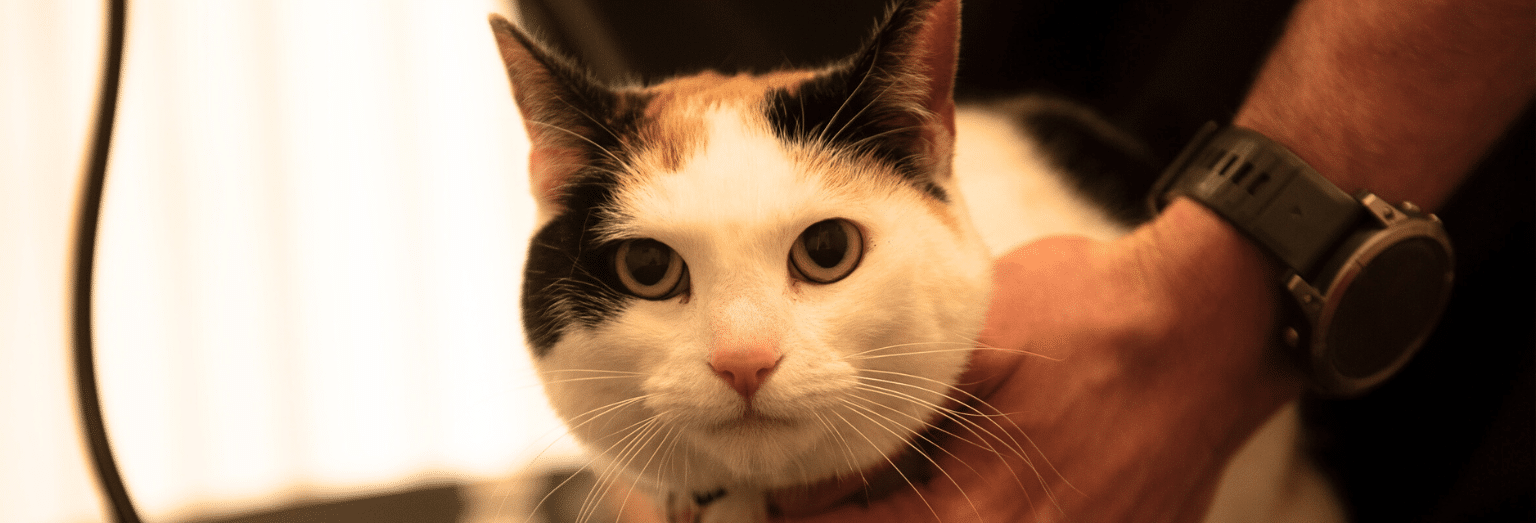We all know cats love finding that perfect sunny spot – whether it’s a patch of light on a Belgravia windowsill or a warm corner of the garden. But can cats really get sunburn? The short answer is yes, though the risk is usually small for most cats here in the UK.
When is sunburn a real concern?
While our London summers are rarely extreme, cats with white ears or pink noses are more vulnerable to sun damage, especially if they spend a lot of time outdoors in direct sunlight. In rare cases, repeated sunburn can lead to a type of skin cancer called squamous cell carcinoma (SCC), particularly on the ears or nose. This is far more common in sunnier parts of the world like Australia, but it does occasionally happen here.

What about indoor cats and windows?
Sunlight can pass through glass, but many modern windows filter most harmful UV radiation. For cats lounging indoors, the risk is generally low, though if you have a white or pink-nosed cat who spends hours in a bright spot, it’s worth keeping an eye on their skin.
How can you protect your cat?
- If your cat has white ears or a pink nose, you can use a vet-approved cat sunscreen (never human sunscreen, as it can be toxic).
- Make sure your cat has access to shade and plenty of fresh water on warmer days – they regulate their temperature well, but like us, they can overheat.
- If you notice scabs, sores, or thickened skin on the nose or ears of a light-coloured cat, especially one that goes outdoors, book a check-up. These could be early signs of SCC, and early treatment gives the best outcome.
Do cats get heatstroke?
Cats are good at seeking out cool spots, but they can still get too hot, particularly if trapped in a warm or poorly ventilated space. Always ensure they have somewhere to escape the sun and can access fresh water.
Most cats can safely enjoy their sunbathing sessions without trouble, but a few simple precautions will keep them comfortable and healthy. If you’re ever unsure about sun protection for your cat, the team at The Vet on Richmond Hill is happy to advise – just give us a call on 020 8948 3737.



